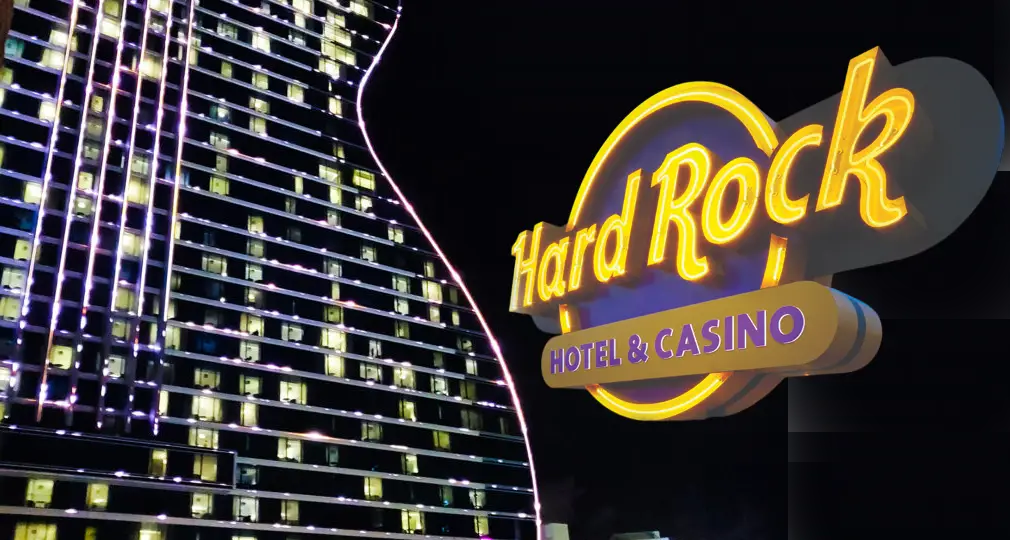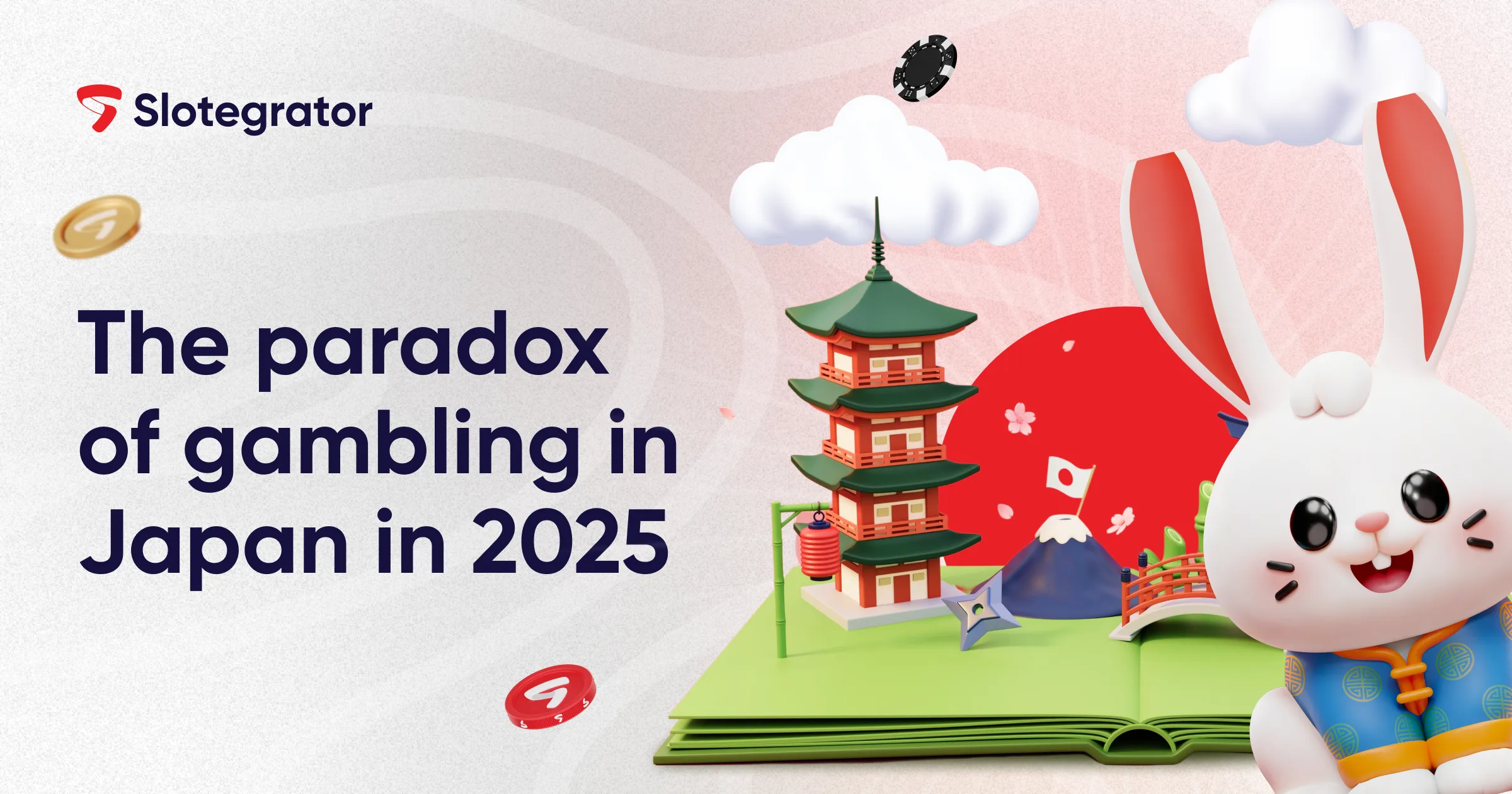The Hard Rock gambling empire continues to expand, solidifying its place in the competitive world of gaming and entertainment. The company’s leadership has navigated an era of unprecedented growth, innovation, and regulatory shifts, shaping Hard Rock into a global powerhouse.
The Evolution of the Casino Industry
The gambling industry has undergone significant transformation over the past few decades. Previously, table games dominated revenue streams, accounting for nearly 70-75% of a casino’s earnings, with slot machines making up the remainder. Today, this trend has reversed, with slots now leading the way. The expansion of gambling across the United States has contributed to a shift in consumer behavior. Once confined to Las Vegas and Atlantic City, casinos are now present in more than 45 states, making gambling more accessible and reducing its exclusivity. While entertainment and hospitality remain essential aspects of casino resorts, the sense of novelty associated with stepping into a casino has diminished over time.
The Role of Data in Casino Management
The gambling business has become increasingly data-driven. Automated systems for tracking purchases, inventory, pricing, and operational expenses have revolutionized the industry. Many casinos across the U.S. now rely on these systems to optimize efficiency and profitability. The use of data analytics continues to play a critical role in decision-making, allowing companies to enhance customer experiences and maximize returns.
Native American Gaming and Industry Growth
Native American gaming has become a dominant force in the U.S. gambling market. Today, nearly 50% of gambling revenue in the country is generated by tribal casinos. This development is the result of years of legal battles, culminating in a landmark Supreme Court decision that upheld tribal sovereignty in gaming operations. The passage of regulatory laws recognizing indigenous rights to operate casinos has not only bolstered tribal economies but has also created employment opportunities for thousands of workers. The impact of tribal gaming extends beyond casinos, influencing the broader gambling landscape and shaping regulatory frameworks across the country.
Expanding Beyond Expectations
One of the most ambitious projects in the industry is the expansion of Seminole Hard Rock Hotel & Casino in Hollywood, Florida. The highlight of this project is a striking 460-foot-tall guitar-shaped tower, housing 600 hotel rooms and bringing the total room count to 1,400. The design elements of the property are unparalleled, offering guests a unique, world-class experience. The location in Florida, coupled with a favorable regulatory environment, positions this project as a lucrative investment with high expected returns.
Reviving Atlantic City’s Casino Scene
Hard Rock has also set its sights on revitalizing Atlantic City’s gaming industry. The company invested approximately $500 million in redeveloping the former Trump Taj Mahal into the Hard Rock Hotel & Casino Atlantic City. With its massive structure and prime location, the project aimed to restore the city’s reputation as a top-tier gambling destination. Support from local residents and state authorities has played a crucial role in facilitating this transformation. The redevelopment efforts have been met with optimism, signaling a potential resurgence for Atlantic City’s casino industry.
The Balance Between Gaming and Hospitality
The modern gambling industry places significant emphasis on non-gaming revenue streams. In destinations like Las Vegas, more than 50% of revenue is generated from hotels, dining, entertainment, and retail experiences. However, this model does not apply universally. In markets such as Florida, Connecticut, Maryland, Michigan, and Mississippi, gaming still accounts for the majority of revenue. While food, beverage, and entertainment offerings contribute to overall profitability, their impact on net earnings remains secondary to gambling revenue.
Hard Rock’s Global Expansion and Legacy
Hard Rock’s rapid global expansion is a testament to its brand strength and strategic vision. The company has secured more than 30 hotel agreements, along with multiple casino and café deals, reinforcing its position as a leading name in the hospitality and gaming industry. The brand’s success is driven by its deep-rooted connection to music and entertainment, resonating with diverse audiences worldwide. Hard Rock continues to integrate music culture into its offerings, ensuring its relevance across generations.
The Future of Hard Rock in Gambling
As the gambling industry evolves, Hard Rock remains committed to innovation and growth. The company’s leadership emphasizes the importance of representing music from all cultures and generations, recognizing both legendary artists and contemporary stars. This dedication to inclusivity and cultural appreciation plays a vital role in Hard Rock’s identity and long-term vision.
Advice for Future Industry Leaders
For aspiring executives in the gambling industry, the role of a CEO extends far beyond glamour and prestige. The reality involves relentless dedication, high stakes, and continuous pressure to perform. Balancing professional responsibilities with personal life can be challenging, as the industry demands constant engagement and strategic decision-making. Success in this field requires resilience, foresight, and a commitment to excellence.
Conclusion
Hard Rock’s journey in the gambling industry is a story of expansion, innovation, and adaptation. From pioneering casino operations to redefining entertainment experiences, the company continues to push boundaries. As Hard Rock further cements its presence worldwide, its influence on the industry will remain significant, shaping the future of gambling and hospitality for years to come.
Read more: Finance affiliate programs UK












